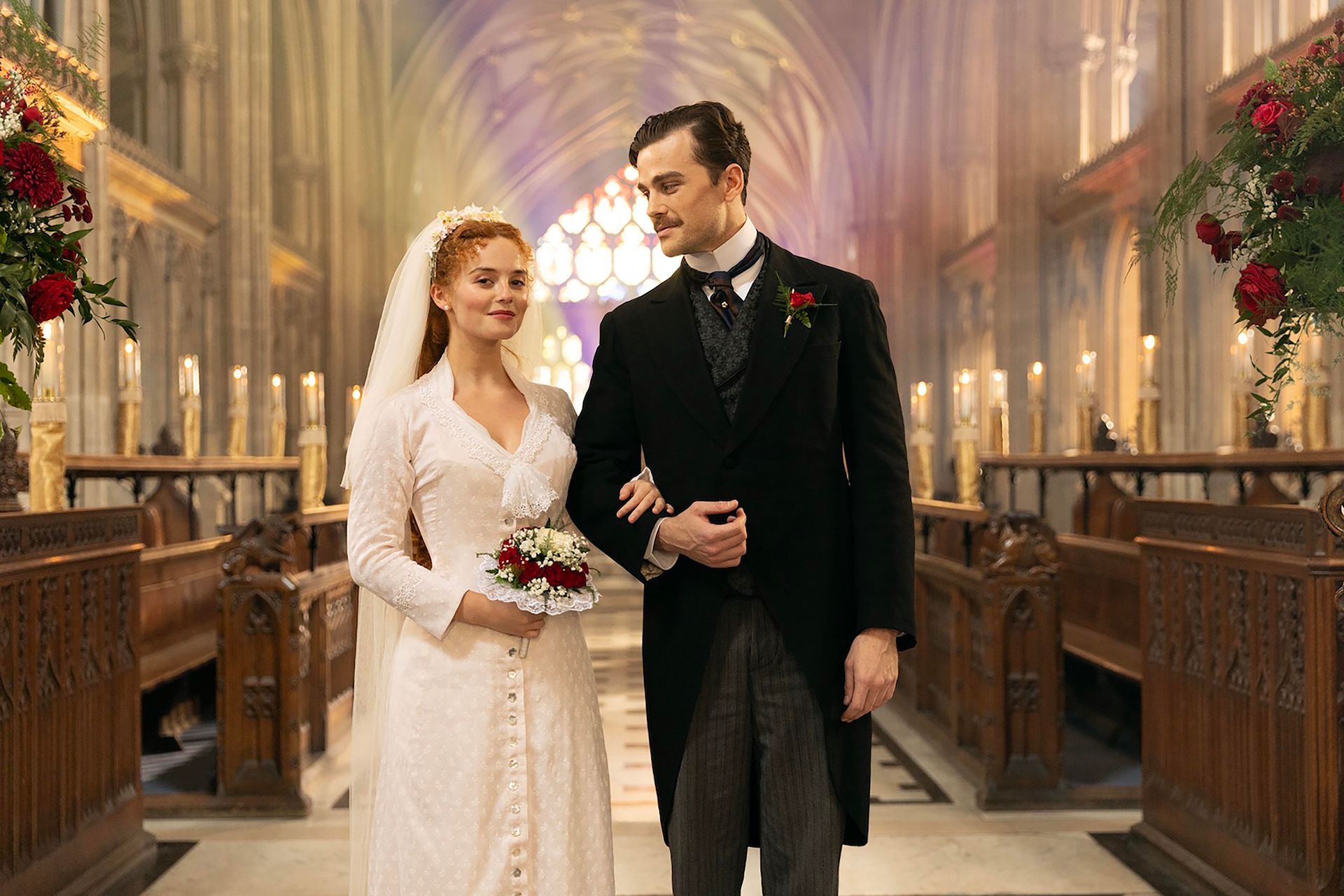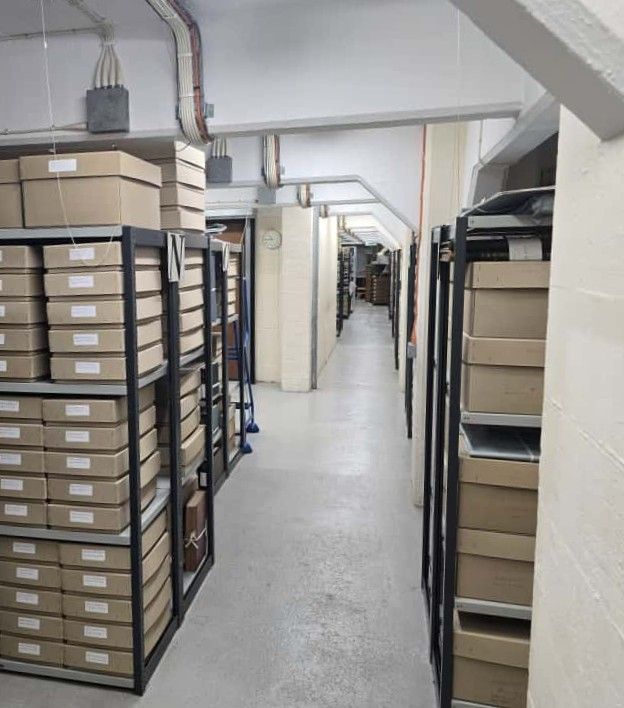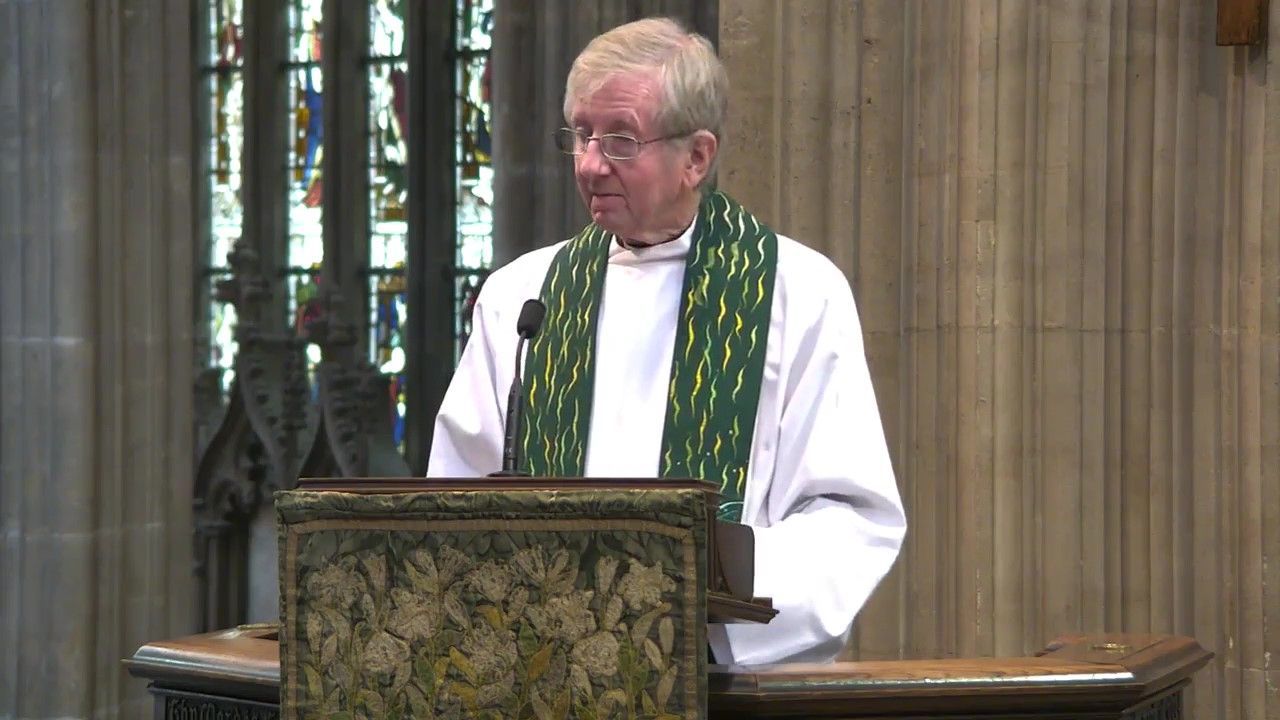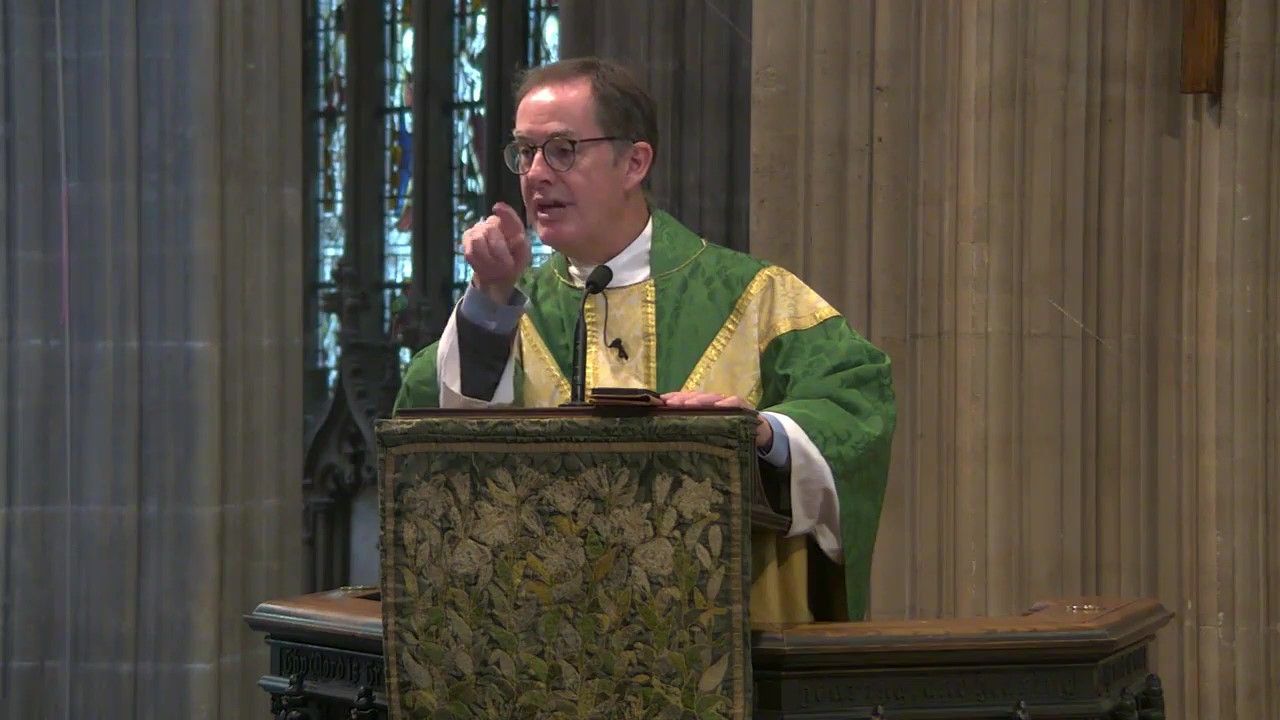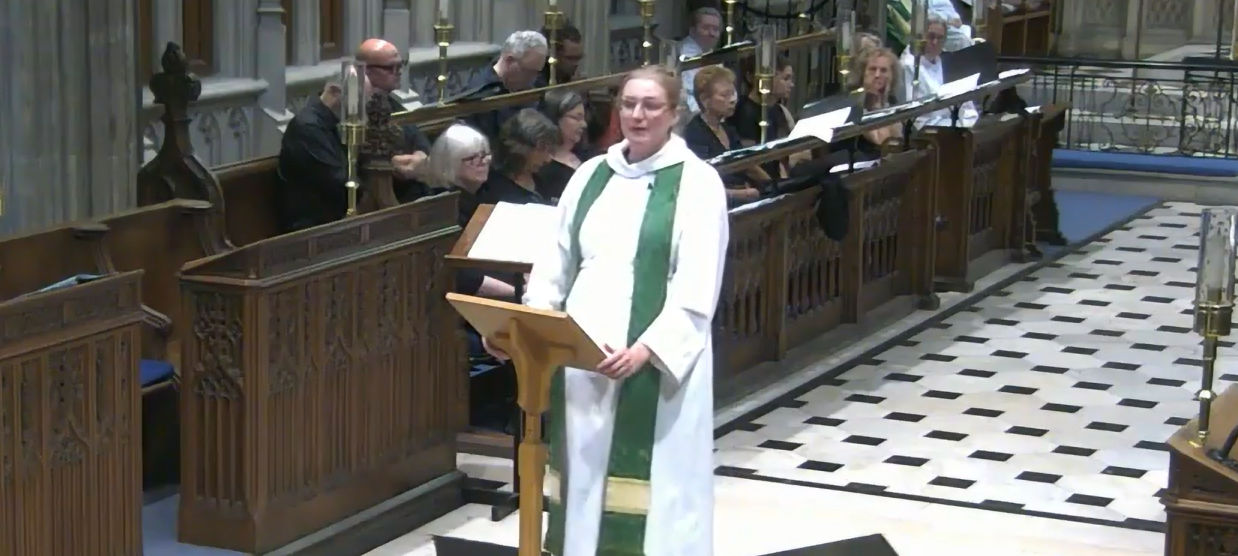Fear for the future and the pain of loss
Sunday is Mothering Sunday and the two gospel readings that the Church of England offer for the main service when marking Mothering Sunday are The Presentation of Christ at the Temple and Jesus on the Cross: in the former Simeon says to Mary, "a sword will pierce your own soul" and in the latter Mary stands at the foot of the cross onto which her son is nailed. I can't help noticing that when we're encouraged to think about mothering, we're faced with fear for the future and the pain of loss.
The experience that Mary had, soon after the birth and just before the death of her son, are hardly unique. These moments of piercing truths are all too common for many women:
* what will become of my child: born into poverty, war, servitude, pandemic?
* how did my child end up like this: was it ignorance, power, politics, obedience?
For too many women (and men) their experience of their children is overshadowed by fear for the future and the pain of loss.
It could be said that Mary's experiences are somehow greater, deeper, more magnified because her child is Jesus, the Son of God. On the other hand, we are all Imago Dei, made in the image and likeness of God so when we witness the suffering of another individual, it is as if that suffering is being endured within that image and by that likeness; as if the suffering is known and felt deep within the heart of God.
Dietrich Bonhoeffer was a German theologian and staunch anti-Nazi campaigner who was arrested in 1943 for his vocal opposition to Hitler and executed in April 1945 as the Nazi regime was collapsing. In a letter written from prison in July 1944 he writes: “The Bible directs (people) to the powerlessness and suffering of God; only a suffering God can help”.
Commenting on this, Martin Lind (a Swedish Lutheran Bishop) writes: "It may be said that Bonhoeffer here maintains that in the powerlessness of God there is in reality the help which women and men need. In the end there is no help to be gained from positions of power. Only weakness can open the deepest room for human beings. Only in the fragility of human beings may they find their deepest identity."
Mary in the Temple experiences that fragility in her fear for the future. Mary at the cross experiences that weakness in her pain of loss. In our fear for the future and in the pain of loss, only a suffering God will do.
